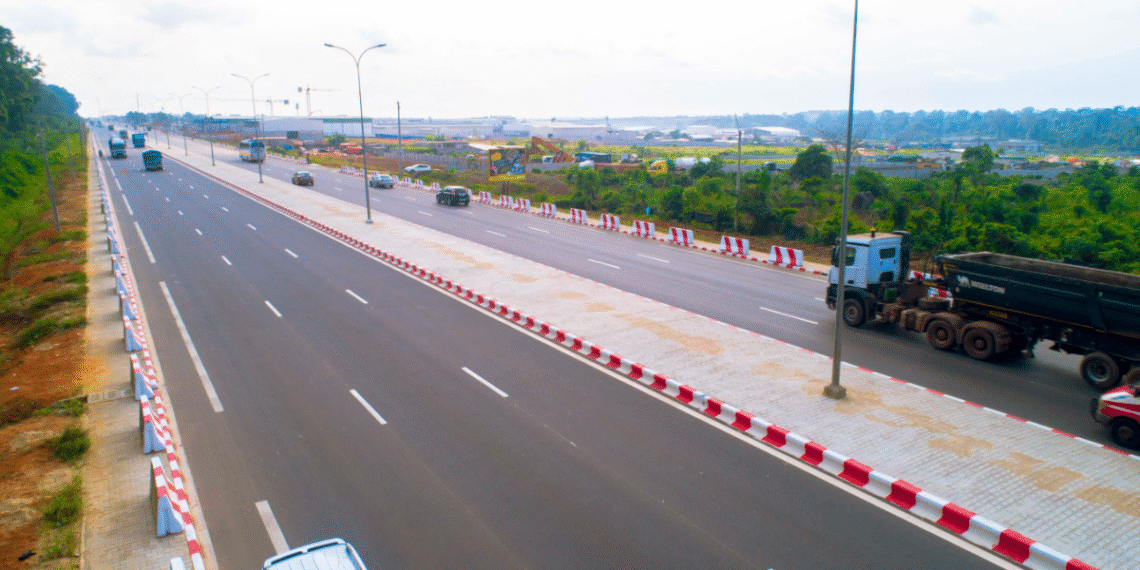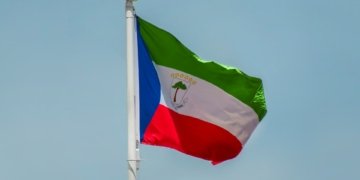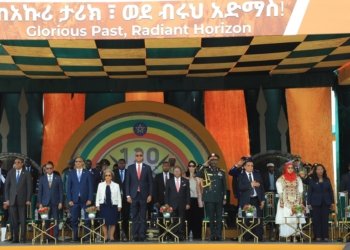TUNIS, Tunisia (BG) — The African Development Bank (AfDB) has approved a €80.16 million loan to Tunisia to finance the third phase of the country’s Road Infrastructure Modernization Project (PMIR), the Bank announced in a statement on Tuesday.
The project, which will run from 2025 to 2030, aims to upgrade 188.9 kilometers (117 miles) of classified roads across seven governorates: Kef, Kasserine, Sousse, Sfax, Kairouan, Siliana, and Gafsa.
These areas face transport constraints due to deteriorated road conditions, limiting their economic potential.
According to the statement, the Bank’s Board approved the loan of Directors on Dec. 9, 2024. The AfDB covers 92.98% of the project’s total cost, with a supporting contribution of €6.05 million from the Tunisian government.
Enhancing Tunisia’s Transport Network
The modernization project is expected to significantly improve the quality of Tunisia’s road network, creating a more efficient and sustainable transport system.
This upgrade will ease the movement of goods and people within and between regions, facilitating economic growth and improving connectivity to areas of high agricultural value.
“The Bank’s intervention will also benefit micro-enterprises focused on road maintenance, enabling infrastructure to be maintained over the long term, while at the same time creating market opportunities for entrepreneurs,” Solomon Quaynor, AfDB Vice President for Private Sector, Infrastructure, and Industrialization, said.
Socioeconomic Benefits
Tunisia’s transport sector is vital to the national economy, contributing approximately 5% of GDP and employing 160,000 people directly and indirectly.
The road upgrades are expected to foster private sector growth, support local small- and medium-sized enterprises (SMEs), and create jobs, particularly for young people.
The program also aims to alleviate poverty in vulnerable regions by improving road infrastructure quality in disadvantaged areas, including border regions with Algeria.
These upgrades will enhance regional economic integration and balance infrastructure development between urban and rural areas.
Supporting Tunisia’s Food Security, Long-Term Vision
The upgraded roads will strengthen Tunisia’s food security by improving access to agricultural regions. This will be achieved by developing agrarian value chains supported by the private sector.
The initiative aligns with the Bank’s commitment to enhancing food systems and rural economies across Africa.
The project is part of AfDB’s broader Ten-Year Strategy (2024–2033) under its “High 5” priorities, specifically “Integrating Africa” and “Improving the quality of life for people in Africa.”
Over the past decade, AfDB has helped modernize approximately 4,000 kilometers (2485 miles)of roads and 104 kilometers (64.5 miles) of motorways in Tunisia.
Quaynor added that this phase of the modernization program will “improve prospects for the private sector and local SMEs, as well as creating new jobs for young people.”
The Bank’s vision for this initiative is to build a prosperous, inclusive, resilient, and integrated Africa.
PMIR aims to improve and promote an efficient, high-quality transport system to sustain growth and create conditions conducive to enhanced export competitiveness.































